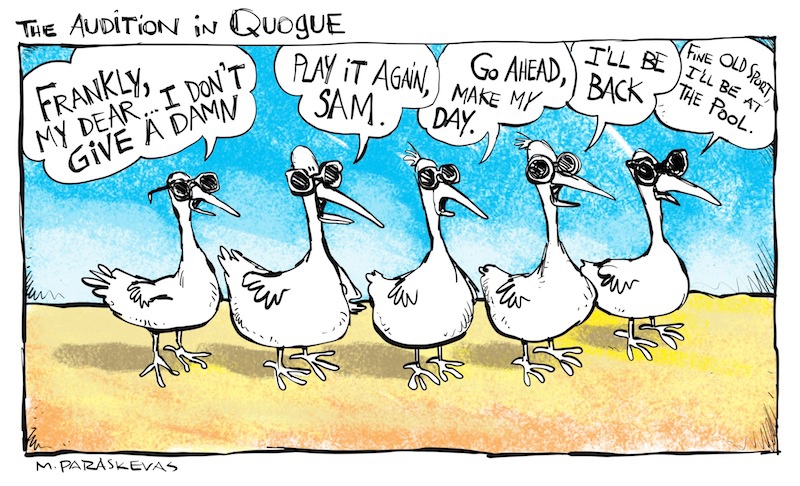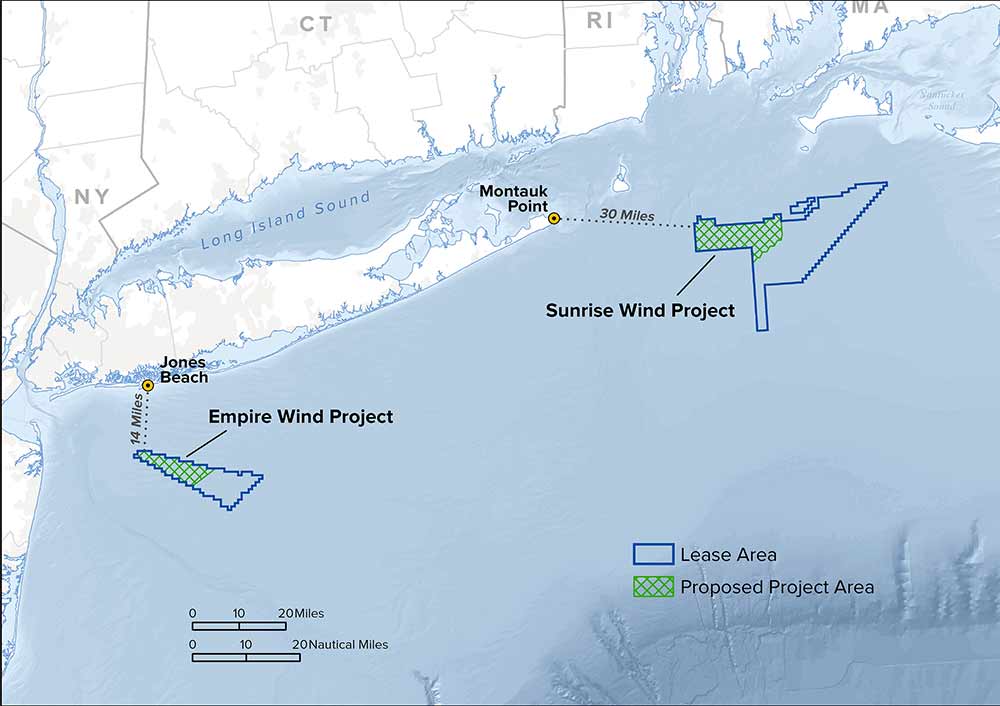Filming on the Beach: Kate Upton, Cameron Diaz, Larry the Least Tern

Local residents and other beachgoers were quite startled to see a six-story steel scaffolding go up right on the ocean beach west of Triton Lane in East Quogue last week, in preparation for the filming of a scene for the upcoming movie The Other Woman, starring Kate Upton, Cameron Diaz, Taylor Kinney and a host of others. The movie has begun filming there, drawing crowds of curious onlookers. There will be another scene on the beach in Quogue.
The arrival of this film crew, which originally had no permit from the trustees, and was set up to film directly adjacent to where endangered birds had made their nest, created quite a kerfuffle in the community. You can pay a huge fine for upsetting the endangered habitat this way, and in the event where you disturb the pleasurable activities of a piping plover or least tern family, you can even serve jail time.
The issue has been sorted out, however, the dust has settled and the scene is taking place. According to Eric Shultz, the president of the Southampton Trustees, the problem with all of this involved some element of misunderstanding on the film company’s part regarding due diligence required to secure permits from the Town.
“They went to Town Hall,” Shultz told me. “They talked to people, laid out their entire film schedule and what they wanted to do, and were told what they could and couldn’t do but never got directed to the offices of the Trustees to get our permits.
“For example, consider that six-story steel scaffolding. This was so their cameras could get all the proper angles. They built that, at great expense, because they were told they were not allowed to take cars or trucks out onto the beach. They would normally have done such camera angles with these scissor trucks that you see the Lighting Company use, where someone in a box up high can be swung around to where you want them.”
The Trustees, which do oversee special events at the beach—they have jurisdiction at the beach—work with special event crews to make sure things are not disturbed, and will give special temporary permits for beach driving for filmmaking just as they might for a beach catered wedding.
How the Town could have forgotten to send the film people off to the Trustees is certainly a lapse of some kind. But it is also explainable. The Trustees are a government body that was founded before the Revolutionary War and during the time Southampton was a British colony. They predate the town. And although their offices are in the Town Hall, the Town is very busy with many other offices that sell or give out permits for a variety of things, just not on the beach where the law observed there was declared by the King of England and entrusted to his elected Trustees, who remain active even to this day.
I’ll write in a minute about how the Trustees are taking care to see that everything is done right by the birds and the bees, but first a little about the movie.
This is a revenge movie. The genre has been clanking along on TV for two seasons with Revenge, in which a woman in the Hamptons is taking her revenge on those who did her dirty in prior years. On the other hand, that show is about money. This movie is about love.
Kate Upton’s character falls in love with a man (Nikolaj Coster-Waldau) who she believes to be single and available who it later turns out has a wife (Leslie Mann) bent on vengeance because of all the fooling around this fellow does. Upton teams up with Mann. Mr. Nikolaj Coster-Waldau, in his suave ways, does not stand a chance. There are apparently great scenes of comedic satisfaction. But you can wait until 2014 to see
the movie.
Others in the film are, as I mentioned, Cameron Diaz, Taylor Kinney—in real life, Lady Gaga’s boyfriend—Nicki Minaj and Don Johnson, who plays Cameron Diaz’s father.
Now back to the action on the beach.
“So they have the permits now,” Trustee Shultz said. “It requires that they allow beach walkers and fishermen to pass and repass. It allows them to drive certain cars and trucks and trailers on the beach during the time the permit is active. It also requires that they reimburse us for the time spent by our Plover Monitors down there. We’ll have one down there anytime there’s activity related to the film.”
I wanted to know what a Plover Monitor was.
“There is now a federal program that has to be followed to save the piping plovers and the least terns. There’s a whole booklet we follow, with its own protocol. It costs us $60,000 a year for this program. When we first heard there was a least tern nest down there, we went down there and put up our signs and fencing. You can’t go in there.”
The law requires there also be a Plover Monitor on the site full time when there is a special event going on to see to it the law is obeyed. Those who have had formal weddings or barbecue dinners on the beach with tents and so forth probably know that in addition to the security people you have to pay, you have to pay for the Plover Monitor if you’re anywhere near a piping plover or least tern nest.
“I can assure you that the scenes being filmed and the other filmmaking activities are no closer to the plover fencing than approaches made by beach fishermen or beach drivers or walkers. And of course, the fencing leaves adequate protection around the nest itself.”
Mr. Shultz also assured me that other government agencies interested in the filming have been down there. He said he’d met with people from the Department of Fish and Wildlife, the DEC, and the Nature Conservancy. All agreed that the protocols were being followed correctly.
And so, the filming proceeds. And in the process not one endangered bird or fish or bush or clam is being harmed, injured or inconvenienced in any way in the making of this movie. It will probably, but not necessarily, say exactly that at the end of the movie when they run the credits.
Look for it.
Hooray for the beasties.



